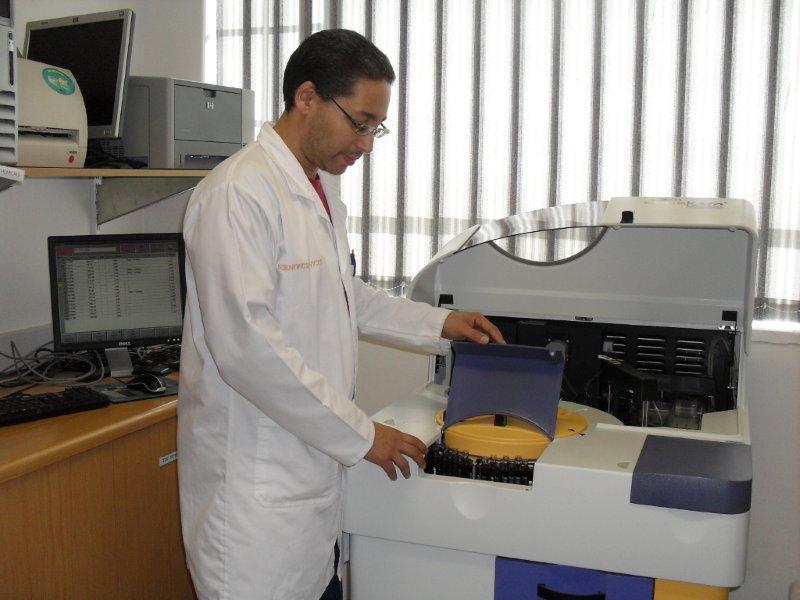The Impact of Industry-Specific Skills on Graduate Employability
In today’s competitive job market, possessing industry-specific skills has become increasingly vital for graduates seeking employment. While a general education equips individuals with a broad knowledge base and transferable skills, it is often the specialized expertise that sets candidates apart and enhances their employability prospects. Industry-specific skills are the competencies and knowledge specific to a particular sector or profession, and they play a significant role in determining a graduate’s success in securing a job and thriving in their chosen career path.
One of the key reasons why industry-specific skills are crucial for graduate employability is the ever-evolving nature of industries. Technology advancements, changing market trends, and evolving consumer demands shape the landscape of various sectors. Employers seek candidates who can quickly adapt to these changes and contribute to the growth and innovation of their organizations. Possessing industry-specific skills demonstrates a candidate’s commitment to staying up-to-date with industry developments and their ability to hit the ground running in a specific role. It gives graduates a competitive edge over candidates with only general knowledge.
Moreover, industry-specific skills provide graduates with a deeper understanding of the sector they wish to enter. A general education may provide a foundation, but it is the specialized knowledge that allows graduates to comprehend the intricacies, nuances, and challenges of their chosen field. Whether it is understanding complex financial models in the finance industry, mastering coding languages in the technology sector, or developing a keen understanding of regulations in the legal profession, industry-specific skills empower graduates to navigate their field with confidence and competence. This expertise enables them to contribute effectively to their organizations from day one, making them valuable assets to potential employers.
Furthermore, possessing industry-specific skills enhances graduates’ professional credibility and boosts their confidence. When employers see that candidates have invested time and effort in developing expertise in their field, it signals their dedication, commitment, and passion for their chosen profession. It demonstrates a proactive approach to learning and self-improvement, which is highly valued by employers. Graduates who possess these skills are often more confident during job interviews, as they can showcase their knowledge and competence, leading to a higher likelihood of landing job offers.
Industry-specific skills also open up a broader range of career opportunities for graduates. Many industries require specialized knowledge and qualifications that cannot be acquired through general education alone. By developing these skills, graduates can explore diverse roles within their chosen sector and increase their chances of finding a job that aligns with their interests and aspirations. They become more adaptable and versatile, able to pivot between different roles or industries if necessary. The possession of industry-specific skills adds value to a graduate’s resume and expands their career prospects, providing them with a wider range of employment options.
To cultivate industry-specific skills, graduates can undertake various initiatives. They can pursue internships, apprenticeships, or co-op programs to gain practical experience and exposure to real-world industry settings. Engaging in industry-specific projects, attending seminars, workshops, and industry conferences, and joining professional associations can also provide valuable opportunities for skill development. Additionally, graduates can take advantage of online courses, certifications, and specialized training programs tailored to their field of interest.
In conclusion, industry-specific skills play a pivotal role in enhancing graduate employability. In a competitive job market, possessing specialized knowledge and expertise sets candidates apart from their peers and increases their chances of securing desirable employment opportunities. Industry-specific skills allow graduates to understand the intricacies of their chosen field, adapt to industry changes, and contribute effectively to their organizations. They boost professional credibility, confidence, and open up a broader range of career options. To thrive in the modern job market, graduates should strive to develop and showcase their industry-specific skills, alongside their general education, to maximize their employability prospects.

